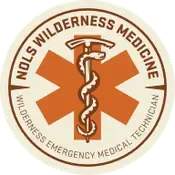Global Healthcare Semester - Tanzania

The Global Healthcare Semester in Tanzania is a blend of EMT training, cultural immersion, outdoor skills, and service. This course is designed for those who are interested in a career in medicine and to develop the knowledge, skills, and experiences to engage effectively in global health settings.
The semester begins with an intensive four-week Wilderness Emergency Medical Technician (WEMT) at the Wyss Wilderness Medicine Campus in Lander, WY. After the WEMT, you’ll travel to Arusha, Tanzania. You’ll spend the next three weeks backpacking in the Kitumbeini and Lake Natron areas. You’ll learn how to live successfully in remote and austere environments, as well as basic camping, travel, and navigation skills. Leadership and teamwork education will be woven into daily conversations and interactions. You’ll practice problem solving with real consequences and immediate feedback, honing the soft skills necessary to succeed in many career fields.
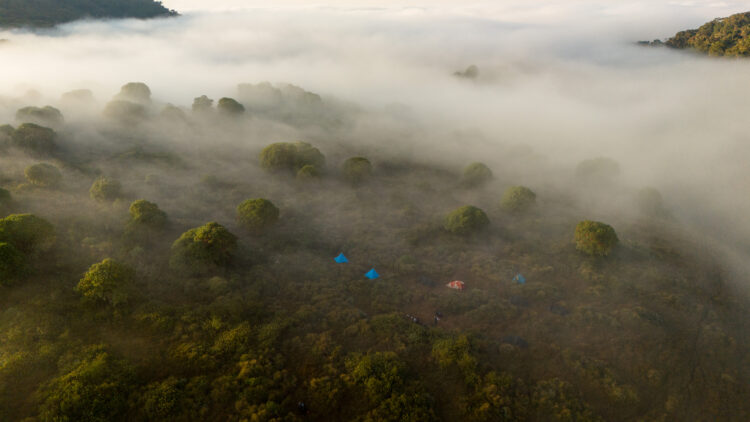
Oscar Manguy
After the backpacking section, you’ll move into the cultural immersion section. You and a coursemate from the expedition will live with a local family in the village of Karatu. Each day, you’ll meet the rest of your group and rotate through working on a community service project, taking Kiswahili classes, or shadowing medical professionals at a rural health clinic. You’ll have the opportunity to develop new perspectives you wouldn’t be exposed to at home.
Wilderness EMT Training Section
For the first month of the semester, you will be based at NOLS’ Wyss Wilderness Medicine Campus. The Wilderness Emergency Medical Technician is a nationally recognized certification that equips participants to respond to emergencies in urban, rural, disaster, and wilderness environments. The academically intense 200-hour course integrates an urban EMT course and a Wilderness First Responder course in a single program.
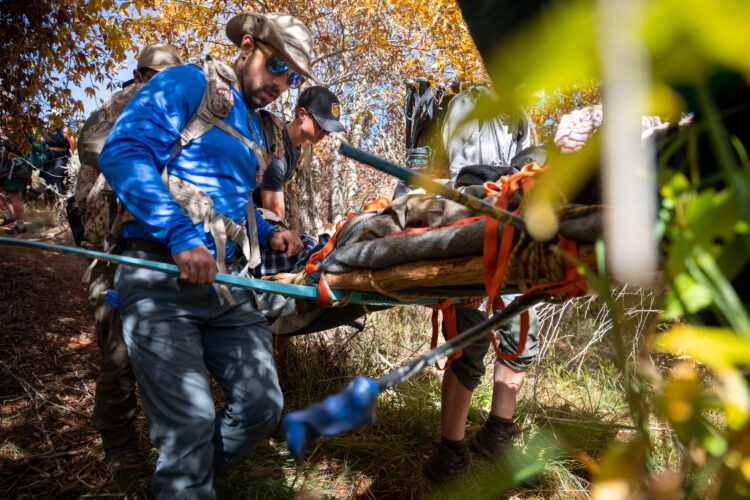
David Morgan
The integrated wilderness and urban medicine approach provides you with opportunities to utilize your skills in multiple applications. At every opportunity, your Wilderness EMT training experience is enriched by scenarios in varied environments—nighttime exercises, extended care scenarios, and multiple-casualty incidents—all enhanced by theatrical moulage to emulate reality. You will also spend time in the emergency room of a regional hospital assisting the Emergency Department staff and providing care to real patients.
Successful completion of practical and written exams will provide a Wilderness EMT certification and meet the eligibility requirements to take the National Registry of EMTs (NREMT) certification exam. Depending on state-to-state reciprocity protocols, graduates may also sit for their home state exams. For additional information about reciprocity from the NREMT to individual states, contact your State Bureau of EMS or visit this web site.
Backpacking Section
After flying to Tanzania with your coursemates and spending a few days adjusting to the timezone, you’ll begin your backpacking section. For the next two weeks, you’ll live in a unique equatorial environment and explore its remote areas. You will begin to build both individual and group technical and interpersonal skills, which are necessary for the group to function as a team. Instructors will provide formal and informal classes on a wide range of subjects including camping, cooking, map reading, route finding, leadership, teamwork, and communication.
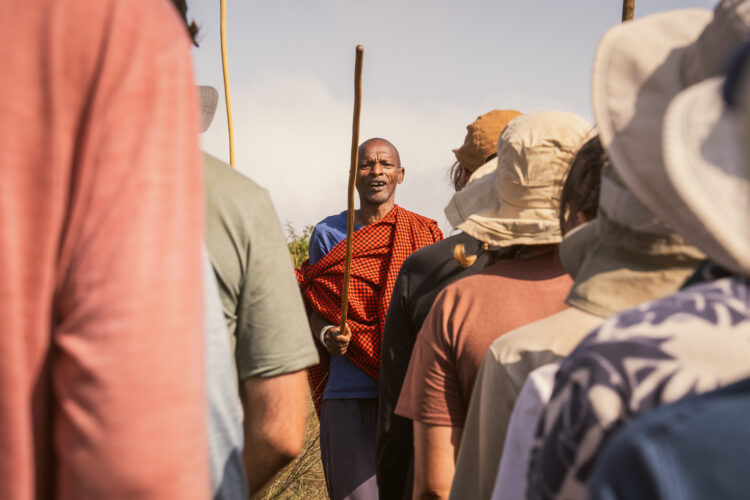
Oscar Manguy
Days are spent hiking through villages and interacting with local Maasai people. You will begin to practice Kiswahili and Maasai language skills. There are opportunities to teach English and play games with local children, as well as visit Maasai homes.
Safari and Hazda Visit
You will spend one day traveling by vehicle to observe Tanzania’s famous wildlife in the Ngorongoro Crater. The combination of permanent water, excellent food supply, and the natural boundary of the crater shelters the unusually diverse and concentrated wildlife population that has earned Ngorongoro its world class reputation. You’ll have the chance to see elephants, lions, giraffes, wildebeests, hyenas, gazelles, hippopotamuses and more.
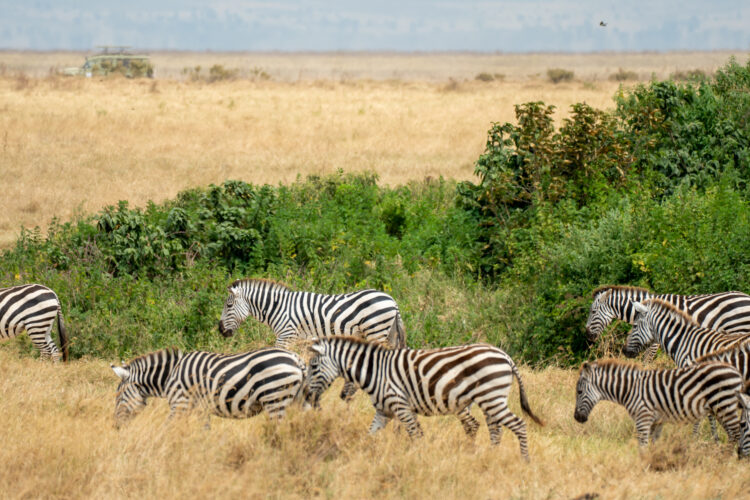
Oscar Manguy
After your safari, you will spend a day visiting the Datoga (cattle keepers and blacksmiths) and Hadza (hunters and gatherers) communities found at the Lake Eyasi basin.
Culture and Service
The village of Karatu will be the base for this experience. Pairing up with a fellow coursemate, you will live with a local family to experience firsthand what it takes to live in remote, rural Tanzania. You will engage in domestic chores and eat meals with your host family.
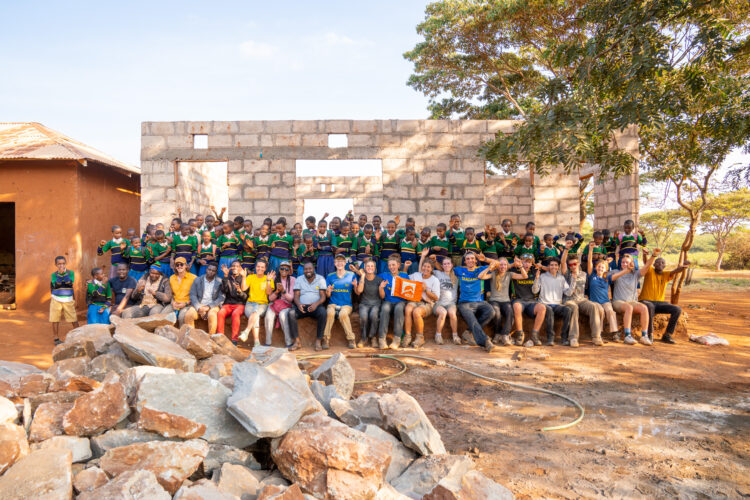
Oscar Manguy
During the day, you will gather with your coursemates at a central meeting location and divide into small groups. Each day, you will either take classes to learn Kiswahili, work on various community service projects, or observe healthcare professionals engage with patients at a rural health clinic in Karatu. You’ll spend your rotation observing and potentially assisting the healthcare providers take care of patients, gaining a firsthand account of global health in action.
By the end of this section, you’ll have had numerous opportunities to get out of your comfort zone and expand your empathy and compassion by immersing yourself in a new language and culture.
Resources & Downloads
Questions? Let's Connect
Duration
68 days
Age
18+ yrs
Tuition
$19,890
17 College Credits
- 2 Environmental Studies
- 2 Leadership Techniques
- 2 Risk Assessment
- 2 Cultural Studies
- 9 WEMT
Certifications
- Epinephrine Auto-injector
- Wilderness Emergency Medical Technician
- Emergency Medical Technician
Equipment Deposit
$750
Start/End
Start: Lander, Wyoming | End: Arusha, Tanzania
Fly In/Out
Riverton, Wyoming (RIW) for WEMT, fly to Tanzania for rest of course
Course Session Dates
May 30, 2026 - Aug 4, 2026
Lander, WY
$19,890 View Session
